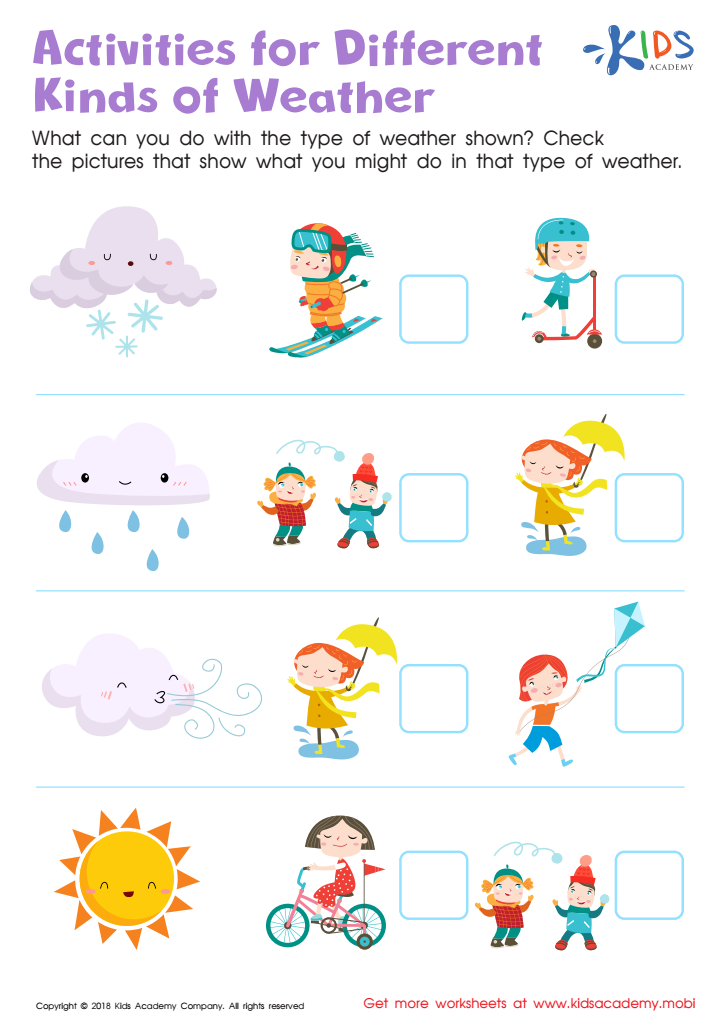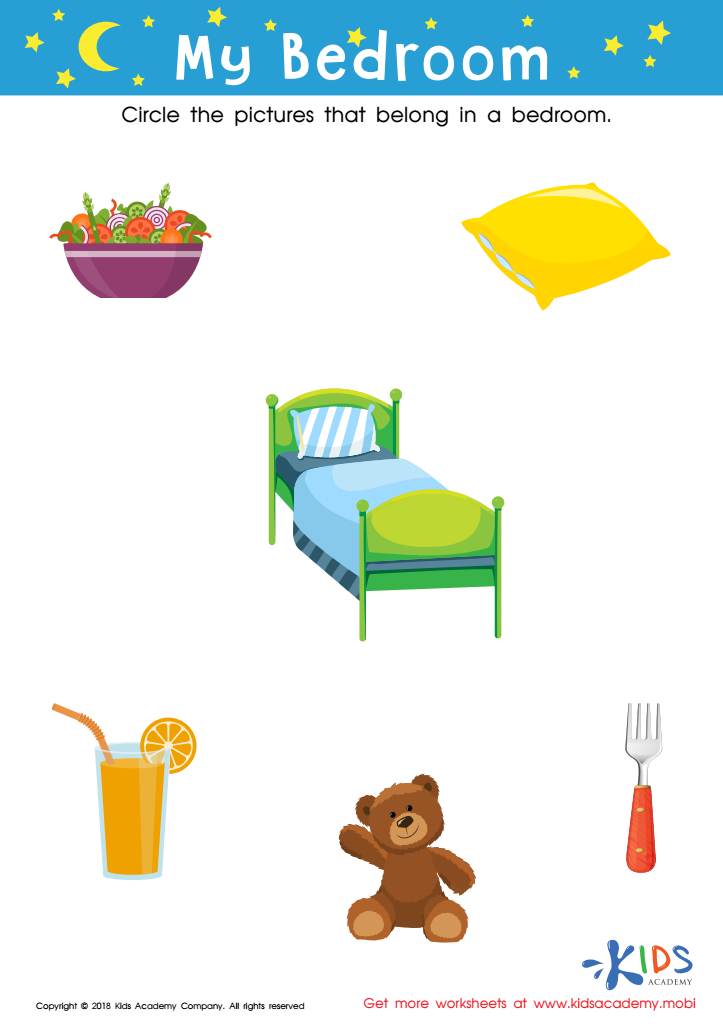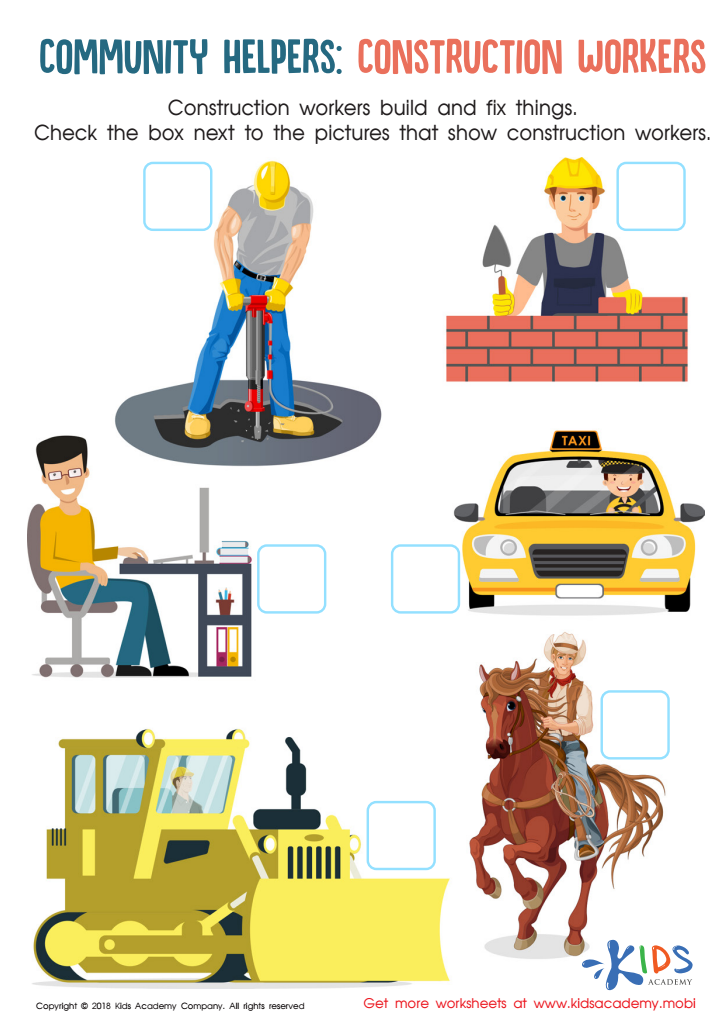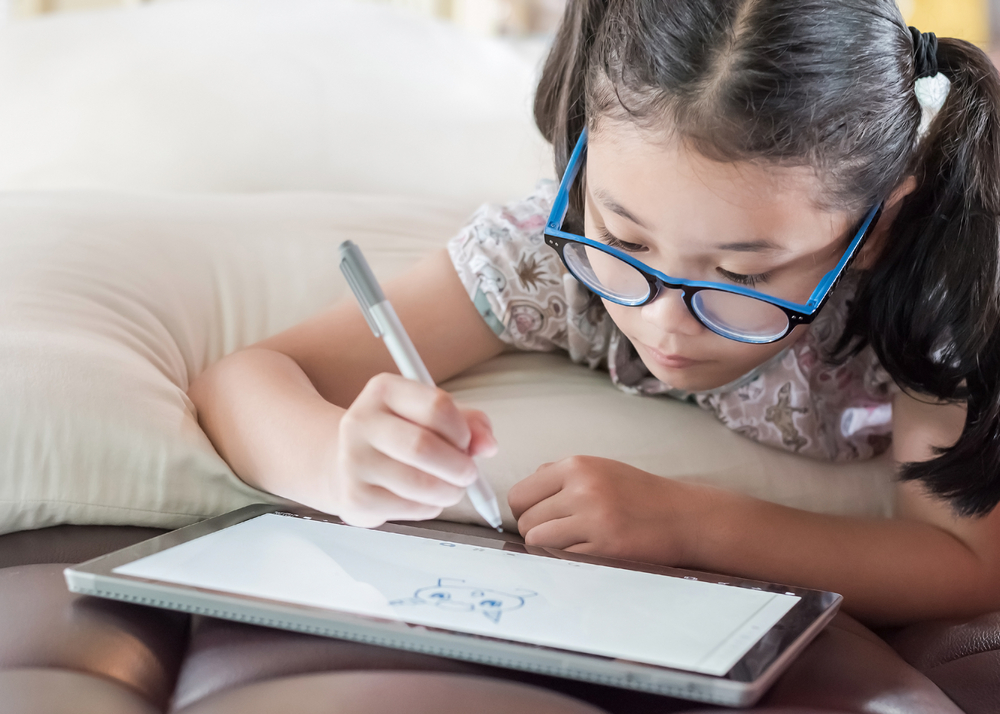Visual perception improvement Normal Social Studies Worksheets for Ages 3-4
3 filtered results
-
From - To
Enhance your child's visual perception with our engaging Normal Social Studies Worksheets designed for ages 3-4. Our fun and interactive activities help young learners develop essential visual skills, such as recognition, matching, and sorting, through the lens of social studies. Each worksheet is thoughtfully crafted to capture their curiosity and foster a deeper understanding of the world around them. By integrating visual perception exercises with social studies themes, children learn to observe, analyze, and make connections in an enjoyable way. Download our worksheets today to support your child’s early learning journey and watch their skills blossom!


Activities for Different Kinds of Weather Worksheet


My Bedroom Worksheet


Construction Workers Community Helpers Worksheet
Visual perception skills are vital for children aged 3-4 as they lay the foundation for effective learning and development. These skills help children interpret and understand visual information, which is essential for navigating their environment and engaging in school activities. Parents and teachers should care about enhancing these skills because they directly affect a child's ability to process information, problem-solve, and achieve academic success in the future.
In social studies, young learners begin to understand their communities, relationships, and cultural contexts. Improved visual perception aids in recognizing patterns, shapes, and symbols, which are crucial for map-reading skills and understanding concepts related to geography and spatial relationships. Additionally, strong visual perception allows children to better interpret pictures, diagrams, and visuals that are frequently used in classroom materials.
By fostering visual perception skills, parents and teachers help children build confidence in their abilities, promote teamwork and collaboration, and prepare them for a successful transition into formal education. Engaging activities that encourage visual discrimination, memory, and visualization can be seamlessly integrated into lessons, making learning both effective and enjoyable. This attention to visual development not only enhances educational outcomes but also supports overall cognitive, social, and emotional growth.

 Assign to My Students
Assign to My Students





















